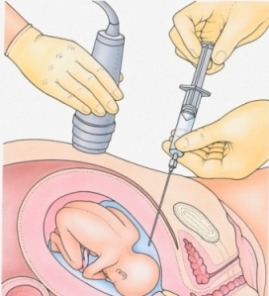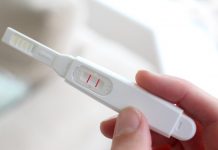Although a lot of doctors suggest their patients to have an amniocentesis, women also have to think about the amniocentesis test side effects. The test is used to find out whether the baby has genetic abnormal traits or genetic disorders. There are a lot of women who are wondering whether they should have the test or not.
Side effects of the amniocentesis test
Keep in mind that the test is considered to be safe. However, you should also know that it is an invasive test that comes with a set or risks.
The most common side effects include miscarriage, vaginal bleeding, cramps, injury to the baby, Rh sensitization, and uterine infections.
Miscarriage
In case you are interested in the negative effects of amniocentesis test you should know that 1 in every 300-500 women have a miscarriage because of the test. The chances of losing the baby before the 14th week of pregnancy are higher than at later stages.
Vaginal bleeding and cramps
When thinking about the amniocentesis test side effects, you should also know that after the test it is possible to experience some bleeding and cramping. This isn’t as scary as it seems because the pregnancy will continue normally.
Fetal injury
This is one of a rarest amniocentesis test negative effects. The baby could be hurt if he or she gets in contact with the needle. As you can imagine, the baby is moving in the uterus and he or she won’t stay still during the test either. This might result in the needle hurting the arm or the leg of the little one.
Rh sensitization
It is good to know about this one of the amniocentesis test side effects that it is rare. It is possible for the blood cells of the baby to reach the bloodstream of the mother as a result of the test. The situation becomes risky if the mother is Rh positive and the baby Rh negative or vice versa. In this case the mother is given immunoglobulin to avoid sensitization.
Uterine infections
The women interested in the amniocentesis test side effects ought to know that it is possible to contract a uterine infection that may result in a miscarriage. If the mother has hep B or C, this could be transmitted to the baby as well, especially during the first and second trimester.
In order to find out more about the amniocentesis test side effects, you should talk to your doctor.







